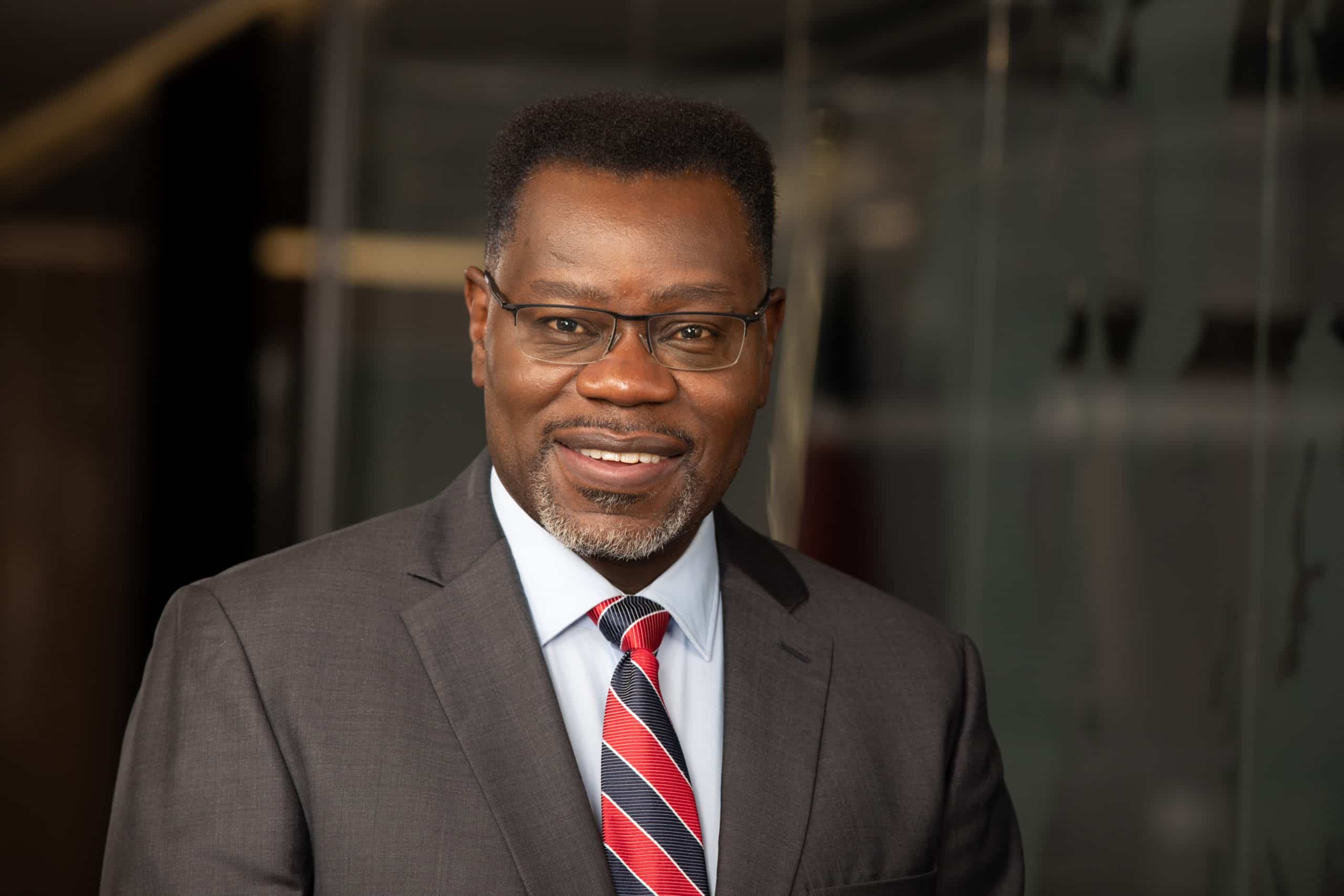Q&A with Crispin Achola, General Manager of BAT East and Southern Africa Markets.
Following your departure from BAT in 2017 after 18 years and your subsequent return in 2021, what are your key highlights?
My team has been invaluable in helping me settle back upon my return, and now, as we transform into a larger business unit covering East & Southern Africa (BAT ESA) with a view to build a future-fit business. A key highlight is our accelerated evolution from a tobacco company to a multicategory consumer goods business, which reflects our commitment to reducing the health impact of our business.
What is your approach to building a resilient the organisation for today and the future?
The quality of our people is a major reason we’ve been able to build a successful business. We continue to enhance efforts to build a purposeful place to work, including driving diversity and inclusion, for which we target to achieve 50/50 gender balance and 5% representation of people with disabilities in our workplace by 2025. I am proud to say that we have received recognition for our People agenda, including certification as a Top Employer by the global Top Employers Institute for the last six years.
As the world grows increasingly conscious from a health perspective, what efforts are you spearheading to align to these realities?
We’ve always been clear that BAT supports regulation that is based on sound evidence and robust consultation, respects legal rights and has the proven potential to deliver on reducing the burden of tobacco-related harm.
Our purpose is to build A Better TomorrowTM by reducing the health impact of our business through offering smokers alternative products. In Kenya, we rolled out tobacco-free oral nicotine pouches in 2022, and in 2019, launched a Vapour product in La Reunion. We however face challenges in various other markets in ESA, where there is need to shape an enabling regulatory and fiscal framework.
Tobacco harm reduction requires regulatory and fiscal policy that reflects the reduced risk potential of these alternative products and promotes consumer choice. This must then be complemented by responsible industry practices, which we are already doing at BAT. As such, industry, government and the public health community have symbiotic roles to play.
The importance of sustainability cannot be overstated. What are your priorities and vision for the company in this regard?
We have a responsibility to society to minimize our impacts on the environment. Our approach focuses on the most important issues for our business and stakeholders across four priority areas: carbon neutrality, sustainable water stewardship, waste management and circularity, and biodiversity and afforestation.
Our progress in this area has received external recognition, including the prestigious global Alliance for Water Stewardship certification, recertification for ISO 9001:2015 on quality management and energy compliance certification from the Energy and Petroleum Regulatory Authority in Kenya.
If you were to narrow down your vision for 2023 to three things, what would they be and why?
Accelerating the transformation of BAT ESA into a future-fit, multicategory consumer goods business is a key priority for us. We also continue to advocate for a sustainable fiscal and regulatory regime and the elimination of illicit trade in tobacco products.
Currently, we face an unpredictable and unbalanced regulatory and excise environment which has led to diminished consumer purchasing power. This has resulted in unintended consequences such as illicit trade in tobacco products especially in Kenya and Uganda, as consumers search for cheaper, tax-evaded products. We estimate that the two governments lose approximately USD50 million annually to the illegal tobacco trade. We are also concerned about the impact of regulatory overreach on illicit trade and the value chain in markets like Zambia and Mozambique.
To address this, we are contributing to ongoing public dialogue with government, towards achieving a sustainable regulatory and fiscal environment which supports socio-economic growth and development.
DISCLAIMER: Brand Voice is a paid program. Articles appearing in this section have been commercially supported.
